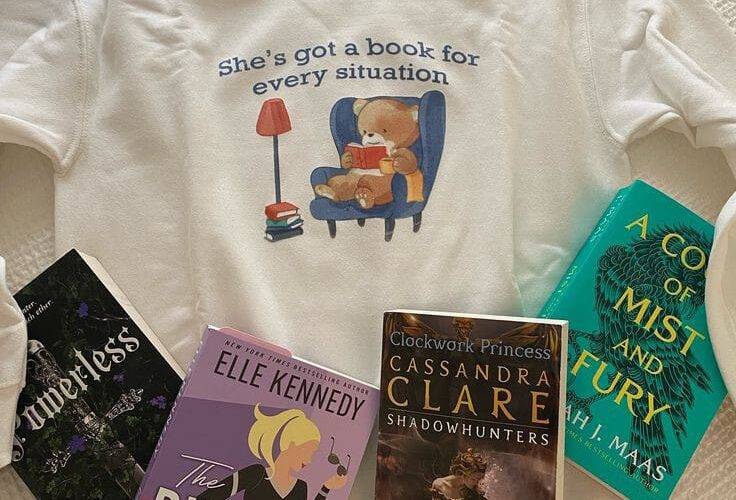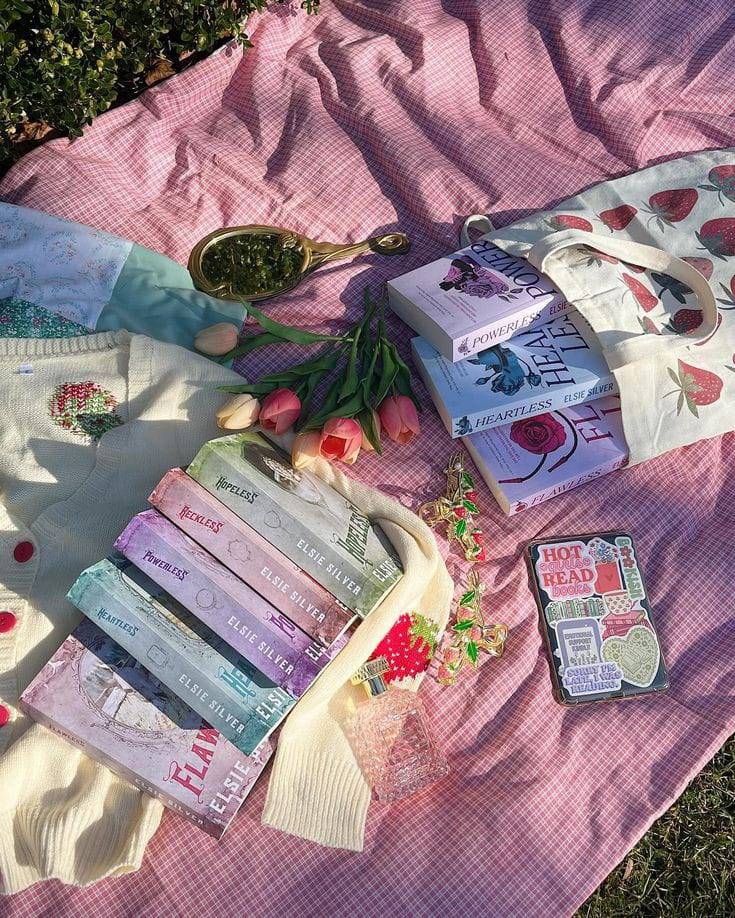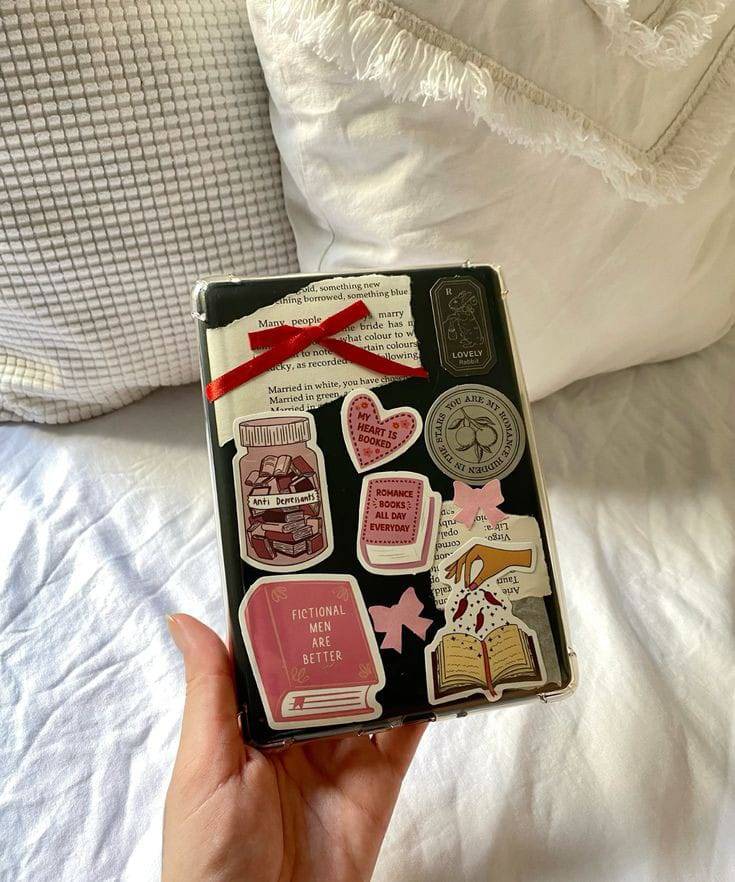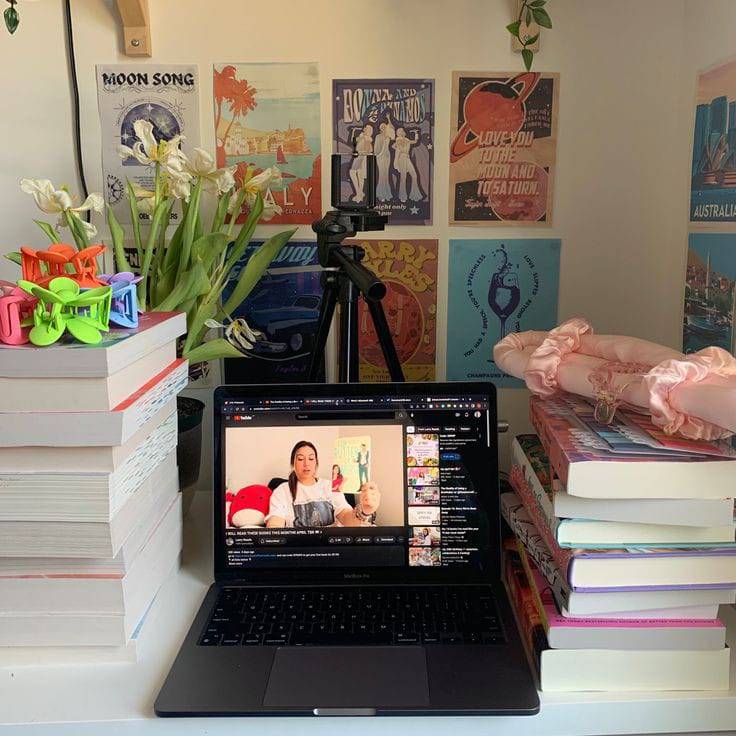Remember the good old days when discovering a new book meant wandering through dusty bookstore aisles, getting sidetracked by coffee shop aromas, or relying on your friend’s sometimes questionable recommendations? Well, those days are as passé as floppy disks. Welcome to the age of social media, where book discovery is as easy as scrolling through your feed while pretending to listen in Zoom meetings. Social media has turned the book discovery process into an interactive, community-driven adventure, and honestly, it’s a page-turner.
The Rise of Book Influencers and Bookstagram
Meet the book influencers—your new best friends who tell you what to read, and whose taste you irrationally trust even though they once confessed to liking pineapple on pizza. Platforms like Instagram have birthed “Bookstagram,” a magical land where book covers are more photogenic than supermodels and where the number of likes a book post gets is a serious business metric.
Bookstagram influencers have followers in the tens of thousands. They curate gorgeous photos of books alongside artisanal coffee cups and whimsical plant arrangements, making you wonder why your bookshelf doesn’t look like that. Thanks to them, your reading list will grow faster than your ability to read, but who’s complaining? They’re turning unknown indie authors into overnight sensations and making sure you never run out of reading material.
BookTube and BookTok: The Power of Video Content
If watching people talk about books while you procrastinate on your own reading sounds appealing, welcome to BookTube and BookTok. These are YouTube and TikTok communities, respectively, where people post video reviews, recommendations, and hauls with the enthusiasm of someone who just found out their favorite author is doing a book signing in their town (sometimes even that is covered and posted much to our jealousy).
BookTubers are basically the Oprah of the book world. Their videos are a delightful mix of reviews, bookish banter, and aesthetic shots of them reading in cozy nooks. BookTok, on the other hand, is like BookTube on caffeine—short, snappy videos that often start with “You HAVE to read this book!” and end with you scrambling to add it to your cart. The virality of TikTok means that one enthusiastic recommendation can turn a book into a bestseller faster than you can say “algorithm.
Social Media Book Clubs and Reading Communities
Virtual book clubs on social media are like the neighborhood book club but without the awkward small talk and obligatory wine. Platforms like Facebook and Goodreads host these clubs where you can discuss books with people from all over the world while wearing your pajamas.
Take Reese’s Book Club on Instagram, for example. Reese Witherspoon picks a book, and suddenly, thousands of people are reading and discussing it like it’s the next Harry Potter. Goodreads, the social network for book lovers, is a treasure trove of reading groups, where you can find like-minded readers who think that your favorite hidden fantasy novel is the best thing since sliced bread. These communities turn reading into a social activity and introduce you to books you might never have picked up otherwise.
If you are a passionate reader, this is a cult you’d want to join.
Goodreads: The Social Network for Book Lovers
Goodreads is like Facebook, but with fewer political rants and more heated debates over whether the book was better than the movie. It’s a paradise where you can track your reading, rate and review books, and receive creepily accurate recommendations. Seriously, sometimes it feels like Goodreads knows your taste better than you do.
The platform’s community features are its real MVP. You can join groups based on your weirdly specific interests, like “19th Century Swedish Detective Novels” or “Books with Dragons and Complex Female heroines.” Plus, the annual Goodreads Choice Awards are basically the Oscars for books, where you can vote for your favorites and discover what the colony mind of the reading community loved this year. And let’s not forget the authors who engage with readers on Goodreads, hosting Q&A sessions and giveaways, making you feel like you’re practically best friends with your literary heroes.
Algorithm-Driven Recommendations
Social media algorithms have one job: to figure out what you like and keep you glued to your screen. When it comes to book recommendations, they’re frighteningly good at it. Platforms like Facebook, Instagram, and Goodreads read your behavior and serve up books that align with your tastes faster than you would close a book.
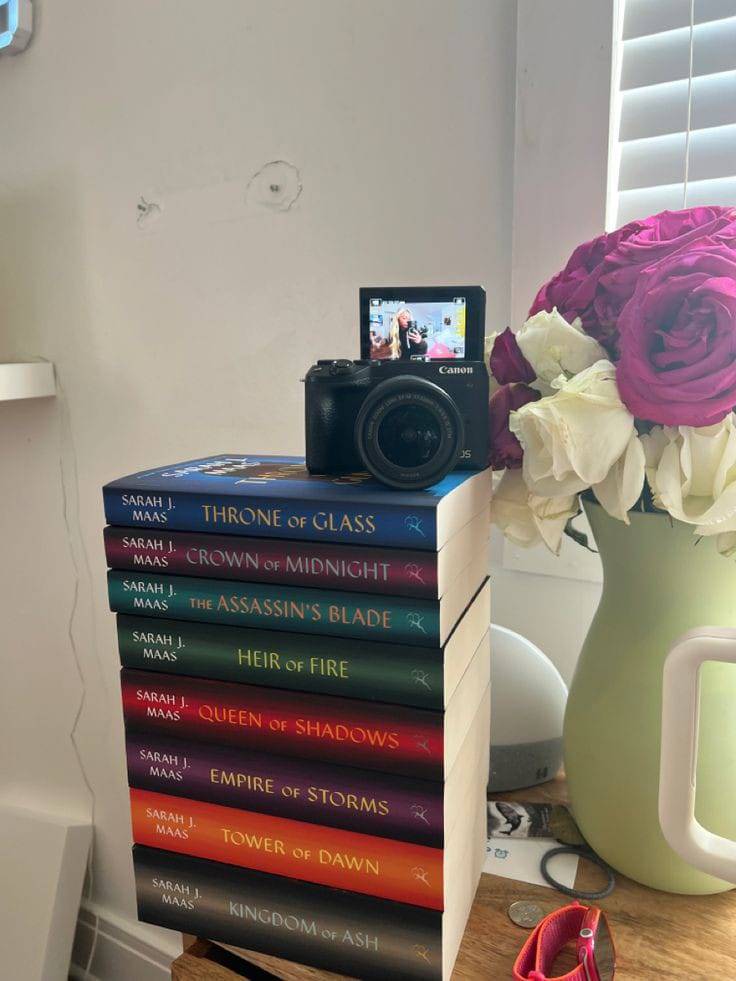
These algorithms ensure that you’re constantly exposed to books that match your preferences, making the discovery process almost too easy. However, beware of the echo chamber effect, where you’re only recommended books similar to what you’ve already read. It’s like eating pizza every day because you love it, but missing out on the joys of a burger. Balance is key, so occasionally step out of your algorithmic comfort zone and discover a book that’s delightfully unexpected.
Author Engagement and Direct Marketing
Social media has turned authors into approachable, tweetable celebrities. Platforms like Twitter, Instagram, and Facebook allow authors to connect directly with readers, sharing everything from writing tips to what they had for breakfast. This behind-the-scenes access makes readers feel like they’re part of the author’s inner circle.
Authors like J.K. Rowling and Neil Gaiman use social media to engage with fans, promote their work, and even settle debates about their characters. This direct marketing approach is incredibly effective, building a loyal reader base and boosting book sales. Plus, it’s just plain fun to interact with your favorite authors and get a peek into their creative process.
In a world where our thumbs do most of the walking, social media has transformed book discovery into an engaging and interactive experience. From the visually stunning Bookstagram feeds to the rapid-fire recommendations on BookTok, finding your next favorite read is now as easy as scrolling through your social media feed. Social media platforms have not only expanded our access to books but also created vibrant communities where readers and authors can connect in ways that were once unimaginable.
The era of solitary book browsing has given way to a more communal exploration of literature, where personalized recommendations, influencer endorsements, and lively discussions guide our reading journeys. As we embrace and own spaces in these digital platforms, we open ourselves to a world of literary gold mines and connections that enhance our love for books. So, the next time you find yourself lost in a social media scroll, remember: your next great adventure might just be a click away!

